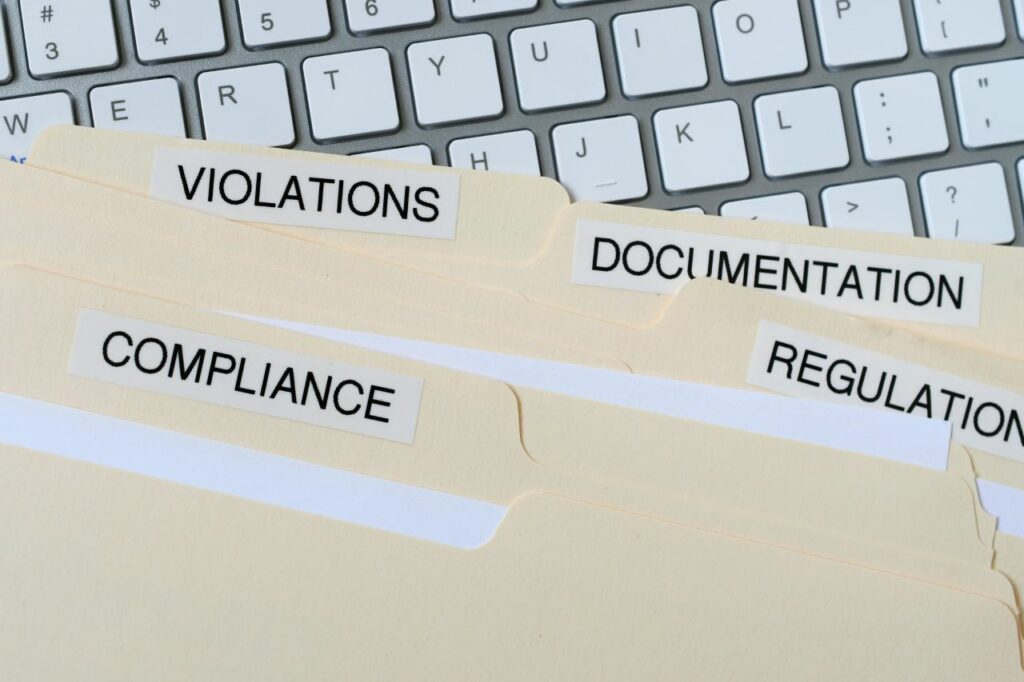Data governance is just as important as cybersecurity. With legislations such as HIPAA, GDPR, and here in California, CCPA, there are expensive penalties for non-compliance. The message is crystal-clear: if you collect, process, store, or share customer data, you need to abide by the law. Here are some common mistakes businesses make with IT compliance.
1. Not Keeping Data Secure
Frameworks like CCPA, HIPAA (when dealing with medical-related data), and GDPR (when handling data from customers within the European Union) stipulate businesses must keep data secure to stop it from ending up in the wrong hands. Failure to do so could result in excessive civil penalties and, in some cases, criminal action.
Here are some tips to keeping customer data secure:
- Encrypt data so hackers can’t read sensitive information in the event of a data breach.
- Store data in a password-protected cloud environment, not on hardware, which increases the risk of insider threats.
- Set up access controls on software like customer relationship management (CRM) systems so only authorized employees have access to customer data.
- Turn on your firewall, install antivirus software, and run frequent security scans.
- Create BYOD policies for employees who access customer data from their personal devices.
2. Not Telling Customers How You Process Their Data
GDPR, HIPAA, and CCPA specify that businesses must be honest with customers about how they collect, process, store, and share their data.
Here’s how to increase transparency about data collection:
- Create a privacy policy and display it on your website. This policy should tell customers how you handle their private data and which third parties receive this information.
- Consider asking customers permission to process their data for marketing, sales, and other purposes.
- Make it clear on your website that you adhere to data governance frameworks like GDPR, HIPAA, and CCPA.
3. Not Using Data for Its Intended Purpose
Always use data for its intended purpose. If you collect and share data for analytics, don’t process the same data for marketing. If you collect data for fraud prevention, don’t pass the same data onto your sales team.
Data governance frameworks, especially GDPR, make it clear about whom you can share data, and there are multiple examples of companies receiving hundred-thousand-dollar penalties for breaking rules.
4. Not Hiring an MSP
You might think you can stay compliant with data governance frameworks, but it’s tougher than you think, especially if you process large amounts of big data. That’s why it’s recommended to use a managed services provider (MSP) who takes care of compliance, and reduces the risk of government fines and other penalties. The best IT services in Pasadena can manage your IT security so you can maintain compliance in your organization and safeguard your customer data.
Final Word
C-level executives often make the same mistakes with data compliance. Not keeping data secure, not being honest about how you handle data, not using data as intended, and not working with an MSP could result in civil penalties or criminal action for non-compliance. Avoid these mistakes by following the tips above.


